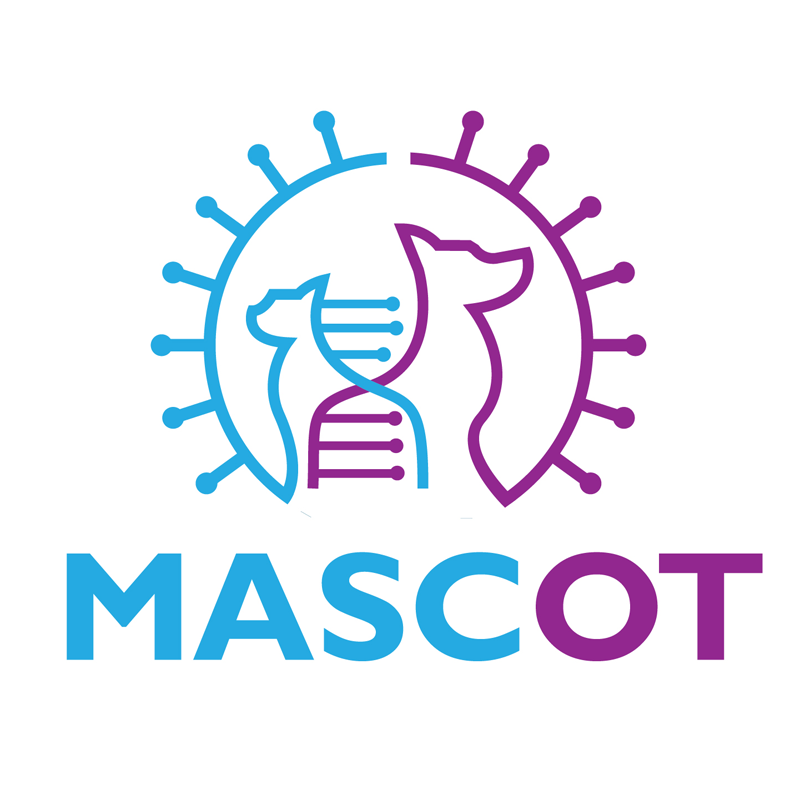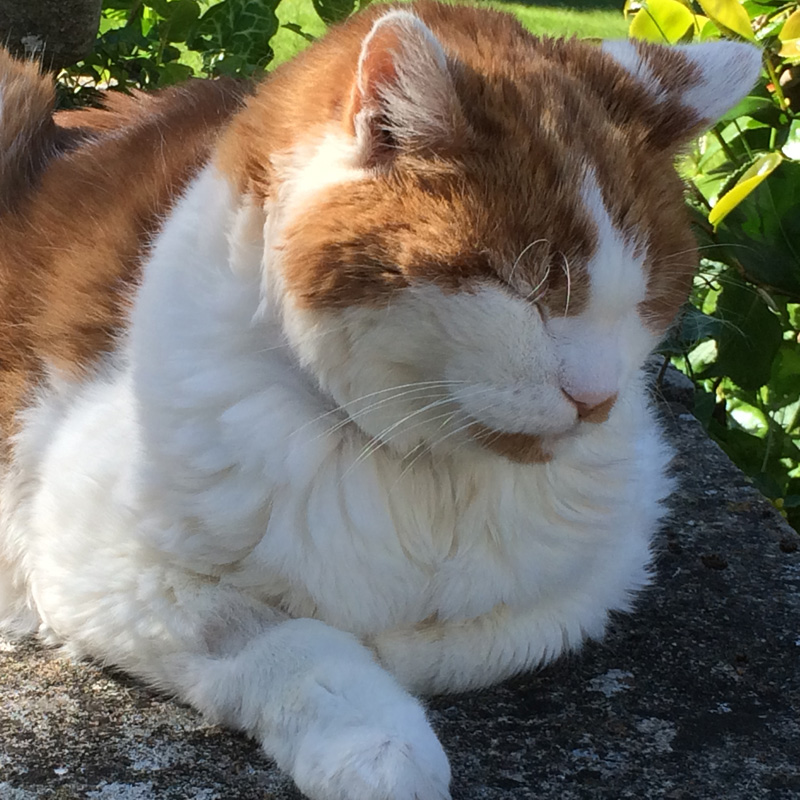RVC researchers win grant for vital project on coronavirus infections in companion animals
Researchers at the Royal Veterinary College (RVC) have been awarded a grant worth almost £200,000 by UK Research and Innovation (UKRI) to undertake a collaborative research project which will examine companion animal susceptibility to coronavirus infections.

The study, named MASCOT (Mapping Animal Susceptibility to Coronavirus: Outcomes and Transcriptomics), could pave the way to a greater understanding of why certain people are more susceptible to COVID-19, as well as helping to identify new treatment targets.
UKRI is the national funding agency which invests public money in science and research in the UK. The organisation operates across the whole of the UK and brings together research councils, Innovate UK and Research England. In March 2020, the organisation called for new research that could deliver a significant contribution to the understanding of, and response to, the COVID-19 pandemic.
The project, led by Professor Lucy Davison at the RVC, will look at two common veterinary coronaviruses. Canine Respiratory Coronavirus (CRCoV) can contribute to ‘kennel cough’ in dogs, and Feline Enteric Coronavirus can lead to a disease called Feline Infectious Peritonitis (FIP) in cats. Both viruses share similarities with the virus that causes COVID-19, meaning that studying these naturally occurring infections in pets could provide new insights into coronavirus biology.

This project is part of a ‘One Health’ approach - a perspective of health that recognises the interconnection between people, animals and the shared environment. The MASCOT project involves an inter-disciplinary team of researchers including veterinary and medical clinicians, working alongside laboratory scientists and computational biologists.
Researchers from the RVC and the Universities of Cambridge, Oxford and Manchester will study genetic susceptibility to CRCoV and FIP, to understand which genes are involved in severe outcomes after naturally occurring coronavirus infections. Ultimately, this understanding will help researchers identify new targets for coronavirus-associated disease prevention or treatment.
Professor Lucy Davison, Professor of Veterinary Clinical Genetics at the RVC, said: “At the moment, we do not know precisely why certain individuals are more susceptible to COVID-19, and whether this difference in susceptibility has a genetic basis. This project will seek to address this gap in our knowledge by studying genetic susceptibility to the common coronaviruses that are treated by veterinary clinicians and, in doing so, pave the way for a greater overall understanding of COVID-19.
“At the RVC, we recognise the importance of a collaborative 'One Health’ approach which operates at the cutting edge of veterinary and human medicine. We look forward to working with colleagues at the University of Cambridge, the University of Oxford and the University of Manchester to improve our understanding of how to predict or treat severe coronavirus-associated conditions. We hope to make an important contribution to addressing the many challenges caused by the COVID-19 pandemic.”
Notes to Editors
For more information please contact:
- Jasmin De Vivo (Jasmin.DeVivo@plmr.co.uk)
- Press Line: 0800 368 9520
About the RVC
- The Royal Veterinary College (RVC) is the UK's largest and longest established independent veterinary school and is a Member Institution of the University of London. It was the first in the world to hold full accreditation from AVMA, EAEVE, RCVS and AVBC.
- The RVC is the top veterinary school in the UK and Europe, and ranked as the world’s second highest veterinary school in the QS World University Rankings by subject, 2020.
- The RVC offers undergraduate and postgraduate programmes in veterinary medicine, veterinary nursing and biological sciences.
- In 2017, the RVC received a Gold award from the Teaching Excellence Framework (TEF) – the highest rating a university can receive.
- A research led institution with 79% of its research rated as internationally excellent or world class in the Research Excellence Framework 2014.
- The RVC provides animal owners and the veterinary profession with access to expert veterinary care and advice through its teaching hospitals and first opinion practices in London and Hertfordshire.
You may also be interested in:
-
Cane Toads don't need woolly jumpers
Steven Portugal has an article in Outside JEB about work undertaken by Rick Shine and his team at …
